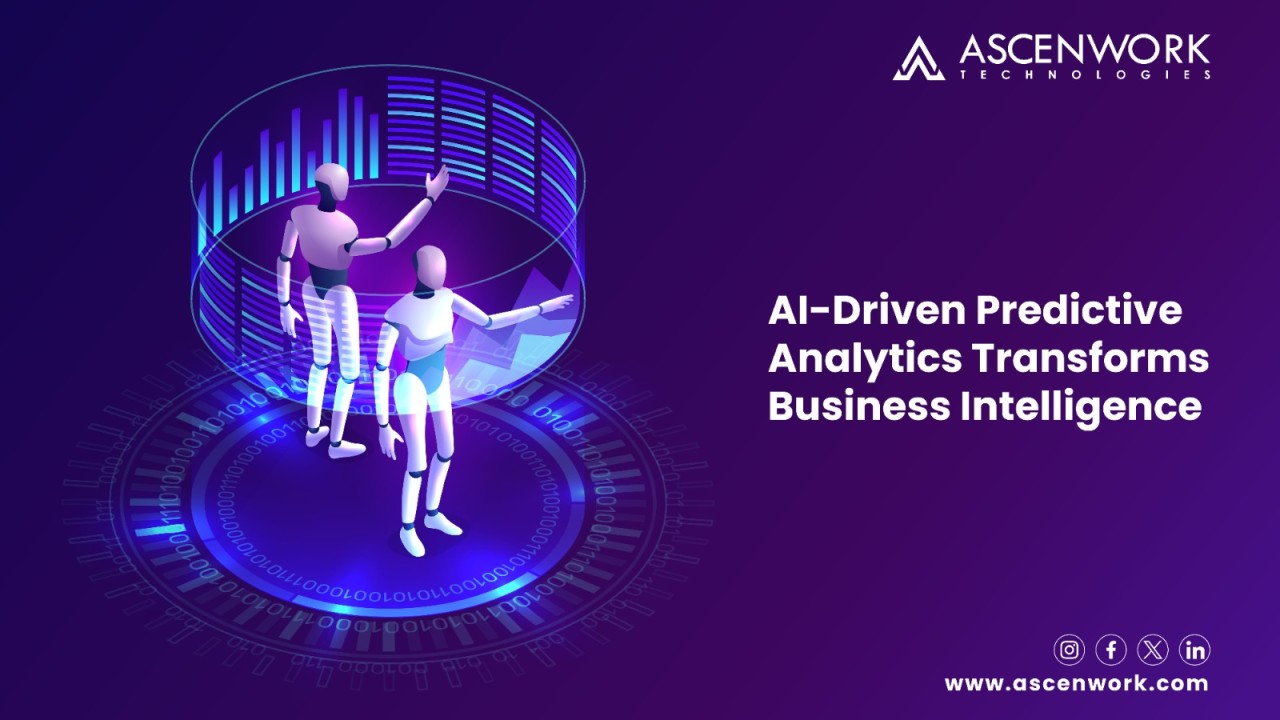Unleashing Business Potential with AI-Powered Analytics
The Evolution of Business Analytics
Business analytics has undergone a significant transformation with the integration of artificial intelligence (AI). Traditionally, analytics relied on historical data and statistical models to derive insights. However, the infusion of AI brings predictive and prescriptive capabilities, allowing businesses to unlock deeper and more actionable insights from their data.
The Role of AI in Analytics Advancement
AI, with its machine learning algorithms and cognitive computing, revolutionizes the analytics landscape. It enables systems to learn from data patterns, adapt, and continuously improve analytical models, enhancing accuracy and enabling proactive decision-making.
Maximizing Data Utilization and Insights
AI-powered analytics harness the power of vast datasets. By processing and analyzing diverse data sources in real time, businesses gain a holistic view of operations, customer behaviors, market trends, and emerging opportunities. This comprehensive insight empowers informed decision-making.
Driving Operational Efficiency
The integration of AI in analytics streamlines processes, automates repetitive tasks, and identifies inefficiencies within workflows. This automation not only reduces human errors but also enhances operational efficiency, allowing teams to focus on higher-value tasks.
Enhanced Customer Experience and Personalization
AI-powered analytics enables businesses to understand their customers better. By analyzing customer interactions and preferences, companies can personalize experiences, recommend tailored products or services, and anticipate customer needs, fostering stronger relationships and loyalty.
Risk Mitigation and Predictive Capabilities
AI empowers businesses to foresee potential risks and trends. Through predictive analytics, organizations can identify patterns indicating possible market shifts, operational risks, or even cybersecurity threats, enabling proactive risk mitigation strategies.
Integration Challenges and Data Quality
Implementing AI-powered analytics comes with challenges. Integrating AI into existing systems, ensuring data quality and integrity, and addressing privacy concerns require meticulous planning and robust infrastructure.
AI Ethics and Transparency
Maintaining ethical AI practices is crucial. Ensuring transparency in AI algorithms and decisions builds trust. Businesses must navigate ethical considerations to ensure fairness, accountability, and transparency in their AI-driven analytics.
Continuous Learning and Adaptability
AI-powered analytics thrive on continuous learning. Businesses need to invest in ongoing training and development to leverage AI’s evolving capabilities effectively. Keeping pace with technological advancements is key to maximizing its potential.
Future Trajectory of AI-Powered Analytics
The future of AI in business analytics is dynamic. Advancements in natural language processing, augmented analytics, and AI-driven automation will further revolutionize how businesses leverage data for strategic decision-making.
Embracing AI-Powered Business Analytics
Explore the transformative potential of AI-Powered Business Analytics in unlocking deeper insights, driving innovation, and fostering growth. Embracing AI isn’t just about technology; it’s about unlocking the full potential of data for sustainable business success.
Unlock the potential of data-driven decision-making with AI-Powered Business Analytics, reshaping how businesses analyze and derive insights from their data.

